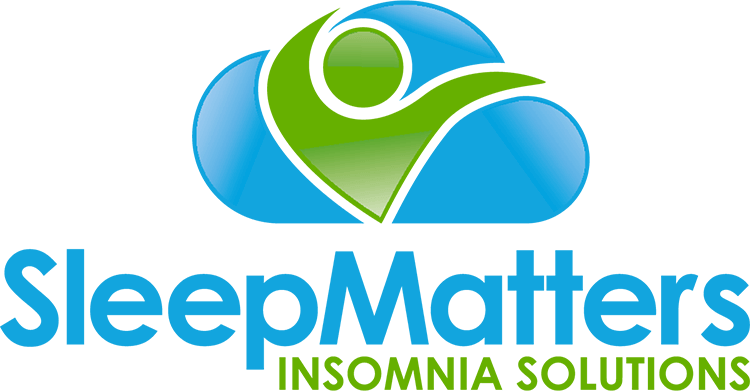This year, researchers won a Nobel prize for their work on understanding the role of the body clock, aka circadian rhythm. We have a master clock deep in the brain (the suprachiasmatic nuecleus to be exact) which controls the timing several bodily features such as body temperature, hunger, and sleepiness. Melatonin is an important hormone controlled by our body clock and it has a strong influence on when we feel sleepy and when we feel awake. Exposure to light is a strong factor that influences melatonin production and hence the timing of the body clock.
Knowing whether you are a night owl or an early bird can help you to plan for when to sleep, and when you are likely to function at your best. Click through for more on this here.
Night Owls – late to bed, late to rise
Night owls find it easy to stay up late (often well beyond midnight) and often like to sleep in late the next day (beyond 10am).This is because melatonin is timed to increase later in the evening in these people, and the brain continues to produce melatonin later in to the morning, making rising early very difficult. These are not morning people and will describe feeling groggy on waking. They will lie awake in bed tossing and turning if they go to bed too early for their body clock. Teenagers often fit this pattern, so don’t be too hard on them when they struggle out of bed in the morning. See an earlier blog post and management tips for this here.
The extreme form of being a night owl is called Delayed Sleep Phase and occurs when the person’s body clock is timed too late to fit with their daily obligations – they might often be waking too late for school, university, work, or getting kids off to school.
Early Birds – early to bed, early to rise
Early birds are just the opposite. They fall asleep very easily in the evening (often before 10pm) and wake up easily in the morning (before 6am, but sometimes as early as 3 or 4am). It is common for the human body clock to advance earlier through the lifespan, with more over 60’s fitting the advanced sleep phase pattern than their younger counterparts.
The extreme for of being an early bird is called Advanced Sleep Phase and occurs when the person’s body clock is timed too early to fit with their daily obligations. These people often don’t feel they are getting enough sleep due to their early wakings. Further it can be difficult for them to work or socialise in the vening due to feeling sleepy.
Are Circadian Rhythm Disorders harmful?
In themselves, circadian rhythm disorders are not necessarily dangerous or unhealthy. Some sufferers are able to achieve the correct amount of sleep if their family and work routines allow them to go to bed and get up at times that fit their body clocks. If however, the circadian rhythm regularly prevents the person from achieving a healthy amount of sleep, unwanted consequences can occur.
Is it possible to shift the body clock?
Yes, for most people it is possible. If you need to wake earlier or stay up later, the body can usually be trained. Recovering from jet-lag is a good example of shifting the body clock – training it to match a new time zone.
Bright light therapy and careful timing of bed times, rising times, and daily activities such as meals and exercise can be effective in altering the timing of the body clock and treating circadian rhythm disruptions. Please feel free to call Sleep Matters to discuss.
Are you a night owl or an early bird?
Follow this link for a quiz that will tell you if you’re a night owl or early bird.
